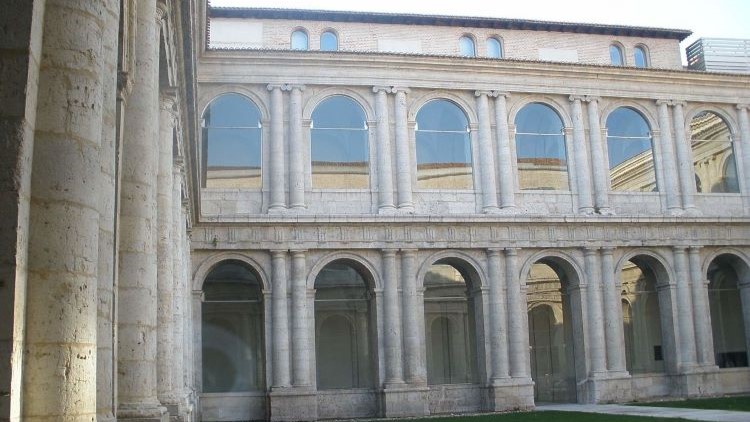Juan David Latorre
The gardens of the Colombian Embassy were once again the endearing setting for the celebration of Colombia’s National Day last Thursday, which was attended by a large number of guests and members of the Colombian community in Madrid.
“This is a moment to meet, to embrace each other and to highlight and vindicate the virtues of the relationship between Colombia and Spain, began the Colombian Ambassador, Eduardo Ávila Navarrete, as well as the achievements of this relationship over the last year. We have demonstrated our commitment to Human Rights and the defence of democracy, we work together to face the challenges of migration, security and climate change”.
Regarding the upcoming electoral process in Spain, the Colombian ambassador commented that “we are confident that in this electoral contest Spanish democracy, respectful of human rights and international treaties on migration, will not choose the path of the emerging xenophobic narrative and will remain, whoever wins, in the tradition of solidarity and mutual respect that characterises our relations.” Likewise, the ambassador asked that “whatever the electoral result”, Spain should continue to support the Colombian government’s peace efforts.
“Colombia has strengthened its position as a thriving nation,” Eduardo Ávila continued, “with a steadily growing economy and political stability. The country is reducing poverty and inequality, strengthening education, health and infrastructure, as well as promoting invention and job creation. In this context, today I would like to recognise on behalf of the President of Colombia, Gustavo Petro, Spain’s commitment to overcoming the war in my country, through its participation as an accompanying country in the process of dialogue with the National Liberation Army and the commitment announced by President Pedro Sánchez to strengthen the needs of this peace process through a million euros this year”.
Among the latest achievements in relations between Spain and Colombia, Ambassador Eduardo Ávila Navarrete highlighted the Agreement on Access to Universities, which “allows any young Colombian who wishes to continue their education in Spain to access them without the need to homologate their baccalaureate degree and without having to take the Spanish university entrance exam. And vice versa, it will facilitate the access of an important number of students to the higher education systems of both countries”.
The Colombian ambassador highlighted as proof of the Embassy’s rapprochement the opening to the public since last May of the Centro Cultural Gabriel García Márquez, located at the headquarters of his country’s delegation, which will have continuous programming throughout the year and will include artistic and academic events.
“Colombia has also made important achievements at the multilateral level, through organisations based in Spain, the ambassador stressed. Thus, our country has underlined its commitment to cooperation within the framework of the Ibero-American community, especially at the 28th Ibero-American Summit held this year in the Dominican Republic. Furthermore, on 1 May, Colombia became the 13th country to ratify the Ibero-American Multilateral Agreement on Social Security”.
Referring to the upcoming European Summit to be held soon in Brussels, the ambassador pointed out that “Colombia shares convergence in common values and principles of democracy, longs for peace and defence of an international order based on rules and hopes that the summit will institutionalise a future and permanent dialogue between Europe and Latin America”.
The ambassador concluded by highlighting the cultural legacy and “the influence of the Castilian language on our tradition, which are evident in every corner of our land. Music, literature, gastronomy and religious celebrations are just a few examples of how we have embraced and enriched Spanish culture with the indigenous contribution. Today, we also remember the importance of weaving bonds of brotherhood with Spain. This symbiosis between cultures requires the sensitivity and capacity to convert the abstract into the physical, bringing us to the sensible. It is what we call ‘the politics of love’, the care for the other.” And in this policy, the ambassador highlighted his wife, Claudia, as “the architect of this Colombian spirit that we seek to transmit, for her dedication and effort in organising this reception.”
The event was attended by Juan Fernández Trigo, Secretary of State for Ibero-America and the Caribbean and Spanish in the World, together with the former President of the Spanish Government, José Luis Rodríguez Zapatero, and the ambassadors of Panama, Venezuela, Norway, Finland, Nicaragua, Honduras, Bolivia and Chile, along with representatives of the embassies of Hungary, the Dominican Republic and Guatemala, among other personalities.











